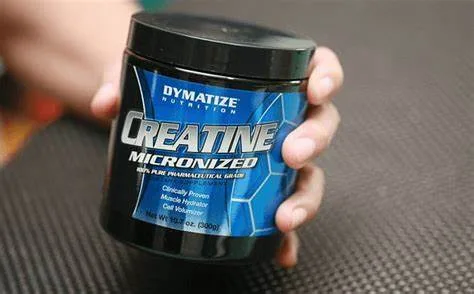DEFINITION
Creatine is a nitrogenous organic acid that occurs naturally in the body and helps supply energy to muscle and nerve cells. It can also be taken as a dietary supplement.
EXPLANATION
Around 95% of the creatine in our body is stored in skeletal muscle. It helps regenerate ATP, the main source of energy for intense muscular contractions. Supplementing with creatine has been shown to benefit high-intensity anaerobic exercise performance as well as muscle strength and size when combined with training.
Creatine is not an essential nutrient, since it can be synthesized in the liver and kidneys. However, consuming it from foods like meat or fish can help maintain optimal stores. Common supplemental forms are creatine monohydrate and creatine HCL.
EXAMPLES
Ways creatine may enhance exercise performance and body composition:
- Increased power output
- Greater work capacity
- Reduced fatigue and recovery time
- Increased lean muscle mass when combined with strength training
RELATED TERMS
- Creatine phosphate
- Phosphocreatine
- ATP
- Anaerobic
- Ergogenic aid
COMMON RELATED QUESTIONS
- When is the best time to take creatine? Many take it post-workout along with a protein and carb source.
- What are the side effects of creatine? Bloating, cramping, and diarrhea if proper hydration is not maintained. No serious side effects are reported in research from long-term use.
- Is creatine safe? Yes, numerous studies have shown creatine supplements to be safe when taken as recommended at proper dosages.
DO NOT CONFUSE WITH
- Creatinine – a metabolic byproduct of creatine breakdown used to assess kidney function.
Thank you for reading this post, don't forget to subscribe to our free newsletter
!
